Emily Barker (who uses they/them pronouns) is an artist and disability activist living in Los Angeles. They received their BFA from the School of the Art Institute of Chicago and have given talks at prestigious institutions including the Royal Academy of Art and UCLA. Barker adamantly refuses the low quality of life a disabled person is expected to endure and, although critical of the systems that measure a person’s value on their ability to produce, they are not without hope that things can and will change. Presently they are at-work designing and remodeling an accessible RV home that will be both affordable and stylish and a model for future dwellings. We spoke about constructing a meaningful life, the value of small-scale pleasures and friendship, and why radicalizing now seems the most logical thing in the world. They can be found on Instagram @celestial_investments.
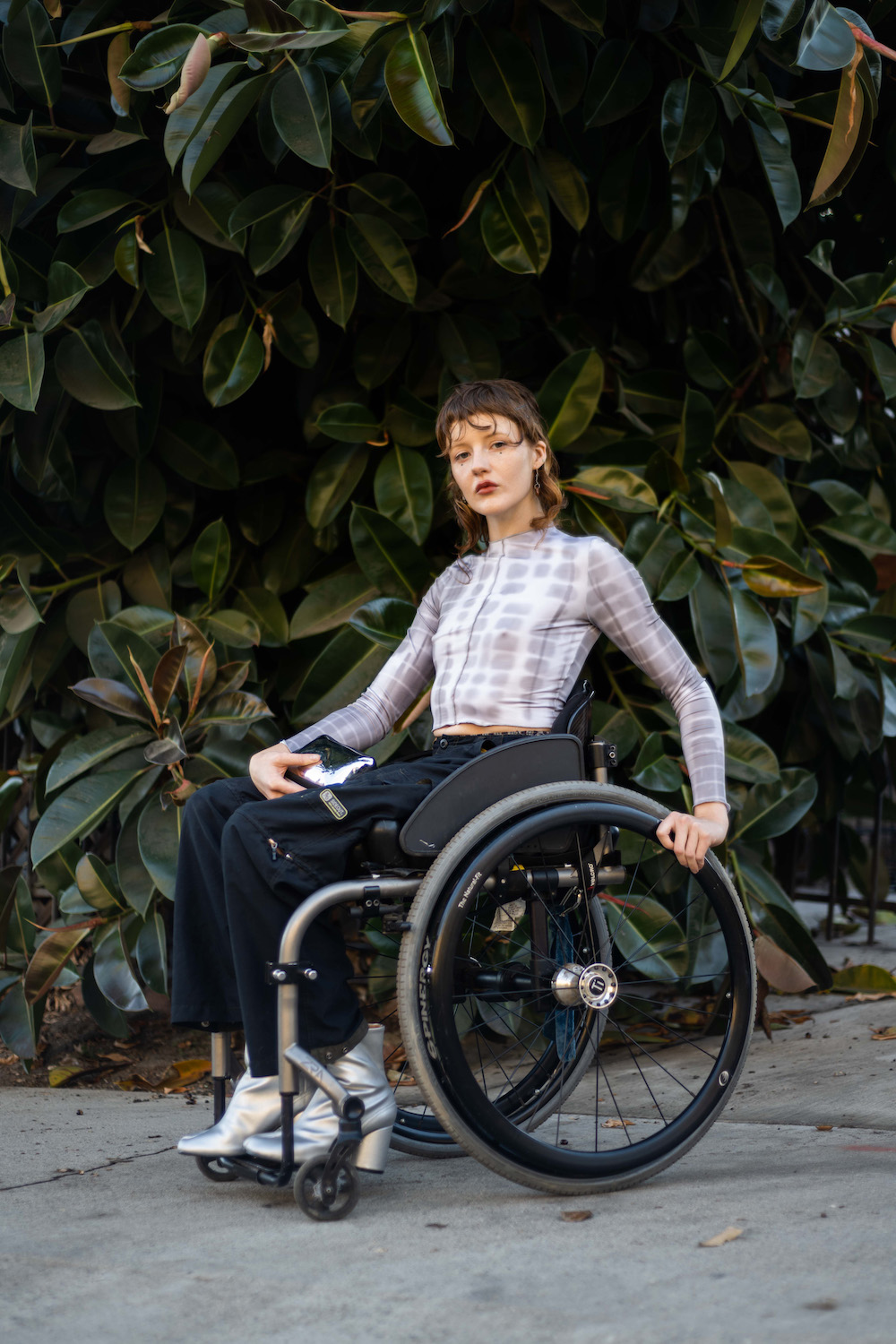
Emily Barker, photo by Jass Leuo.
JULIE SCHULTE: I wanted to talk to you about the most overused pandemic phrase: The New Normal. I’m thinking of how your incredible 2019 exhibition “Built to Scale” for Murmurs LA placed able-bodied viewers in a replica of your kitchen and created an experience of what it’s like to have everything inaccessible and out of reach. I’m curious if you see this Covid moment as an opportunity for a larger conversation of people rethinking what normal actually means?
EMILY BARKER: It’s a great question because it’s hilarious to me as someone who pre-COVID has been isolated in my house or a hospital for a total of two years of my life, stranded without transportation, and relying on people to give me rides; I am laughing because for me this is normal. In fact, my life has improved during COVID because I finally have transportation. Still, getting to my truck is a challenge because the sidewalks have electrical poles and lack curb cuts, so I have to ride down the middle of the street behind my apartment to get to my truck everyday because there is no accessible parking.
I will say that I do have various degrees of independence now due to surgeries I’ve had. My truck has a crane lift because I have the privilege of using that technology versus a ramp; I have the privilege of being able to drive when I’m not having a CRPS [Complex Regional Pain Syndrome] flare; I’m immuno-compromised so I was wearing nitro gloves and masks to parties and events long before this whole thing and people would look at me like I was crazy.
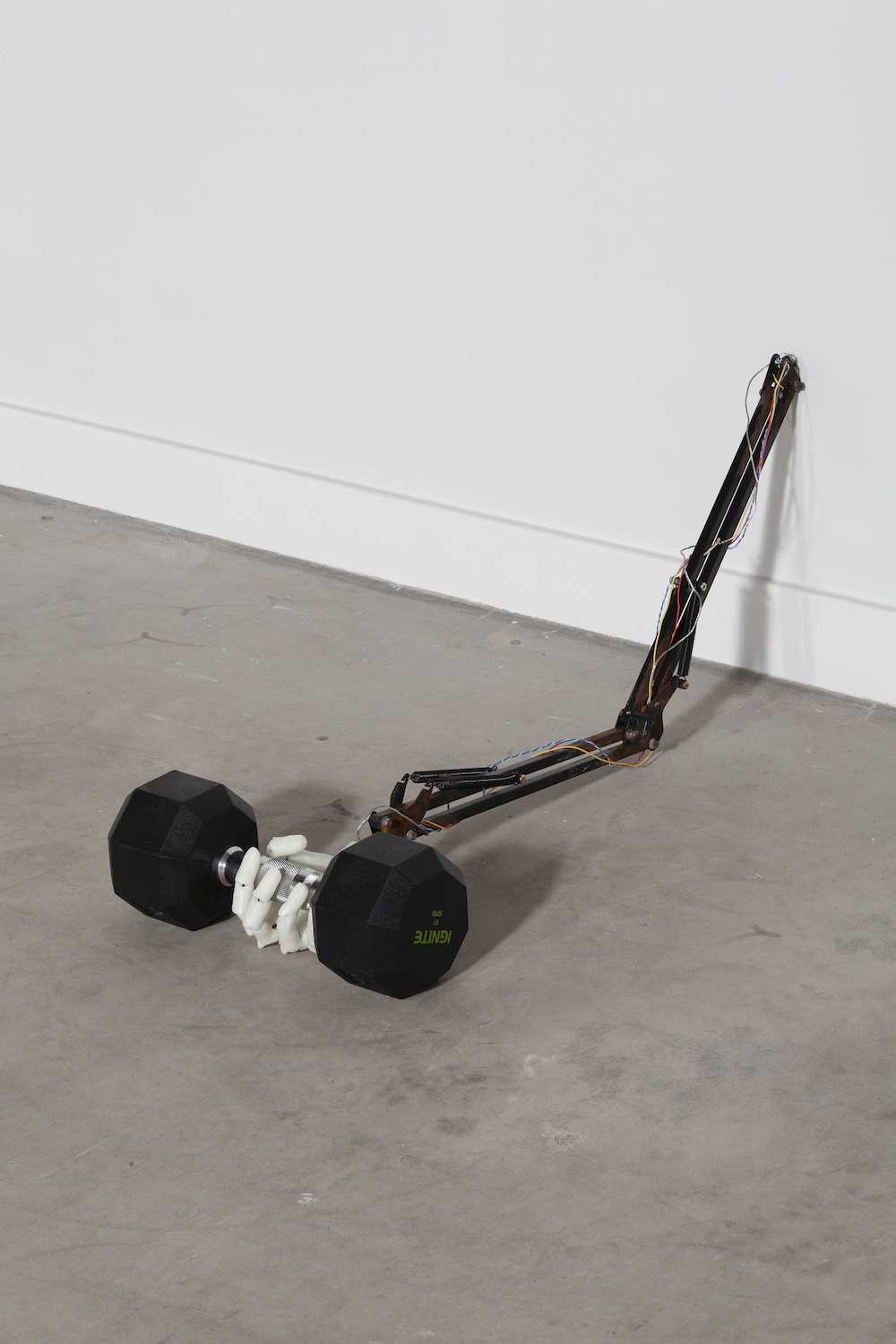
Emily Barker, At My Limit, 2019, photo by Josh Schaedel.
Could you speak about disability narratives being misrepresented and misused under neoliberalism?
I think politics without class-consciousness is the neoliberal demise. When I became disabled 10 years ago these conversations weren’t happening. There wasn’t a “disability twitter.” There wasn’t a community you got to belong to and even now it’s splintered because we’re competing for scarce resources. And, the people in marginalized communities are the people with the most needs and their labor and work to survive is then appropriated because identity politics is something you can capitalize off of. My friends and I joke that we have a myriad of diagnoses that could make our whole lives all about bemoaning how fucked we are. For me, that’s never the point. It’s how to create and analyze systems so that we can all survive this, because my lived experience isn’t some diaristic thing that is personal to me. My lived experience is something millions of people are experiencing. It doesn’t ultimately matter that I have a heart condition, scoliosis, ocular degeneration, paraplegia, etc.—what matters is that since getting those I don’t get to have any quality of life within privatized healthcare.
But yeah, relying on other people: We do. It’s really messy and it’s really hard. So many people barely have the skills to care for themselves, so when you have someone with specific needs it creates tension. I have friends abused by parents because they need 24-hour care. They’re trolled for needing to pee too much! I experienced this abuse firsthand, and often it’s not even recognized as abuse. You know, being force-fed when I can’t stop vomiting because of all the cortisol dumped in my stomach. Ultimately, our society has normalized abuse to disabled people. Just the other day we had Disability Day of Remembrance where we honored those killed by caregivers. The people who are supposed to care for someone are the ones most likely to kill them—and still we live in a society where they should be grateful for what little care they get! Ableism is just so overwhelming that I want to focus instead on capitalism, because I know I can’t change people’s hearts. No matter how nice I am, I can’t make people give me dignity and empathy.
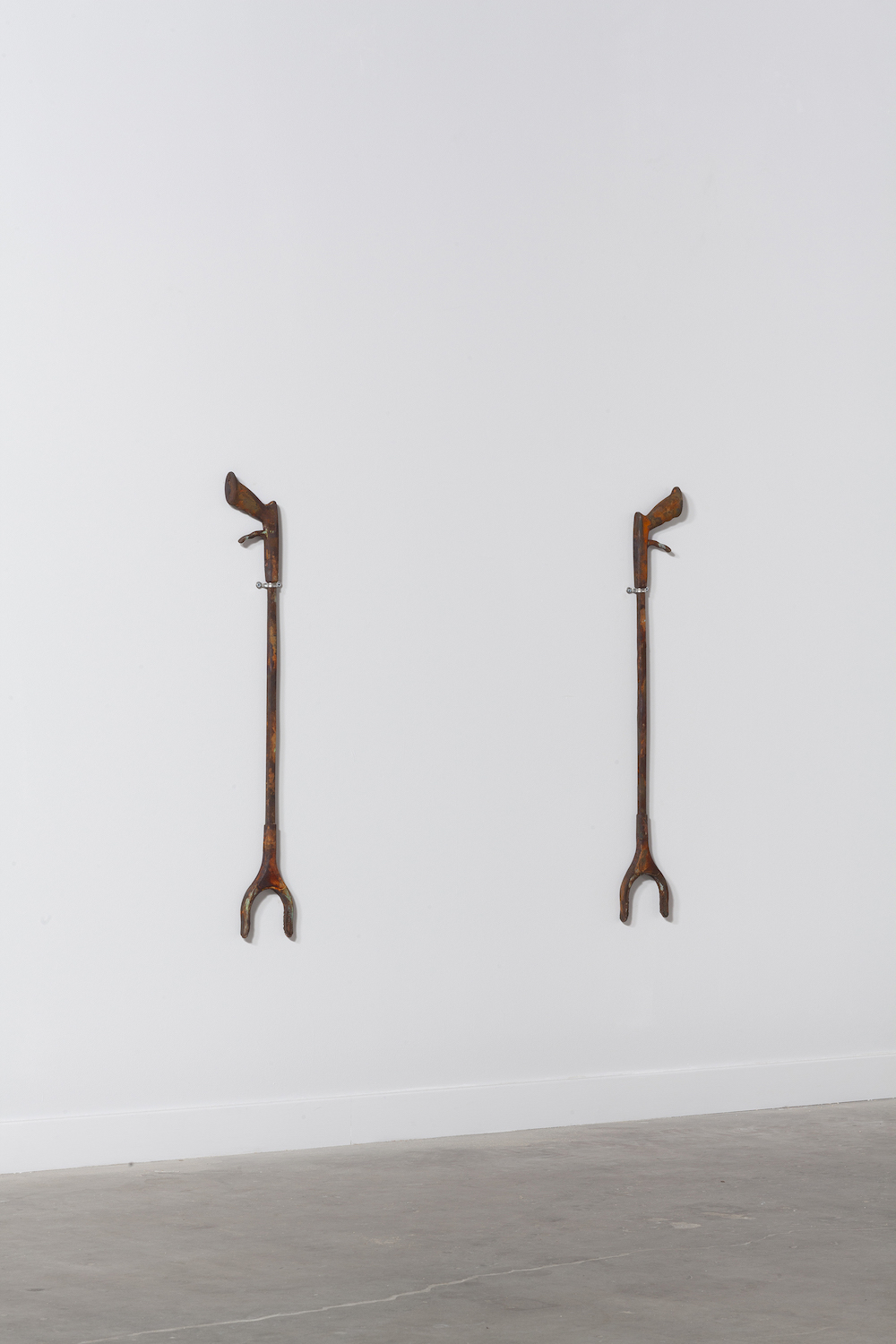
Emily Barker, Untitled (Grabber), 2019, photo by Josh Schaedel.
Right, Marx speaks about there being no accounting for the health and well-being of the worker—just the ability to produce.
Yes, and Marx also said “from each according to his ability, to each according to his need.” But people can’t fathom the economic need. Friends of mine have monthly caregiving needs within the tens of thousands, and they soon find—even if they get settlements—a million dollars won’t take care of them for long. I am surprised more disabled people aren’t radicalized! To me, it’s common sense. Your only value is the labor you can produce with your body. We aren’t allowed to make money. I have to be in poverty to receive the care I need. I do all this work for free so I can educate people because my survival and others like me depends on it. It’s like planting seeds in a forest.
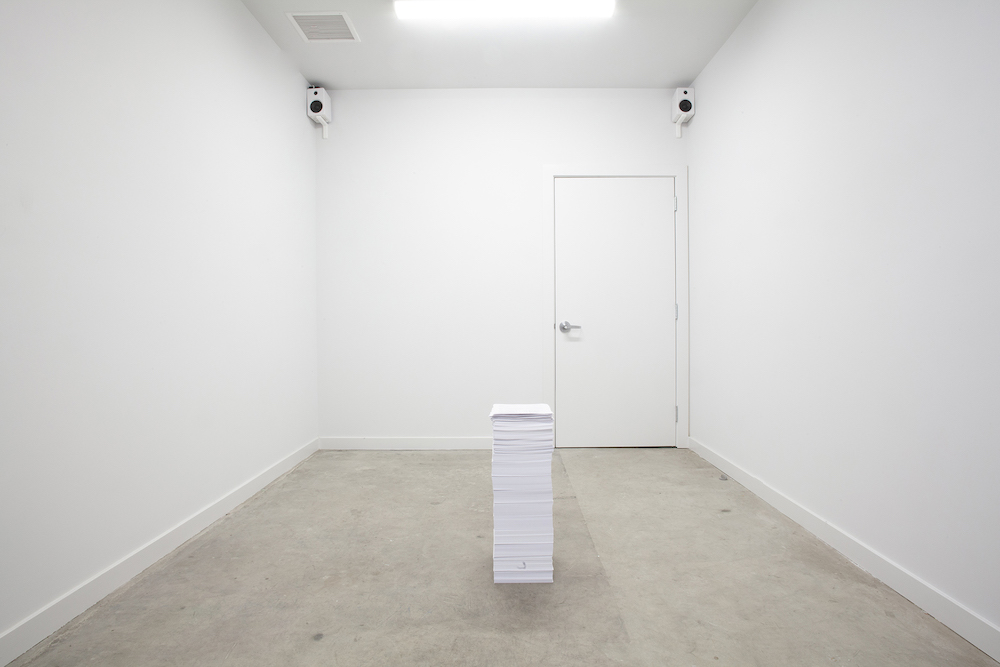
Emily Barker, Untitled (Austerity), 2019, photo by Josh Schaedel.
It seems the shift to online shows is an afterthought/crisis response institutions benefit from for appearing accommodating. I don’t see this carrying into future design plans though. I read you’re presently designing accessible spaces. Could you tell me about where that’s headed?
The pre-concept for the Murmurs show was the 3D modeling my dear friend Tomasz Jan Groza and I were working on. We wanted to build a space that debunked the stereotype which accessible equals unaffordable. It’s a myth disabled people will lean into, but it’s totally wrong. What’s unaffordable is that for new building they don’t consult disabled people! We’re an afterthought. If we weren’t it wouldn’t be expensive. The majority of people in their lifetime—especially in America—will lose their mobility. And yet we’re living in this fog. This odd idea of reality that ignores the body, ignores gravity. That’s why I am building my own accessible RV. I’m hoping to have the RV finished by June, which is when the moratorium on evictions will be lifted, but crip time, just isn’t the same. It’s a long way to go and I have to rely on people laboring for me.
I don’t want to sound like a downer. I will say despite all of this I am happier now than I was before my accident. Before I was anxious and depressed, but now I see the things that frustrated me were out of my control and from the system itself. It’s something all of us are suffering under to varying degrees so all we can do is do our best to find ways to have a livable life and give our lives meaning. Buy all the teas. Own dogs. It may be small-scale but hey, you’re my friend and you want a Matcha latte with strawberry purée? You can have it. I’ve got that for you at my house.

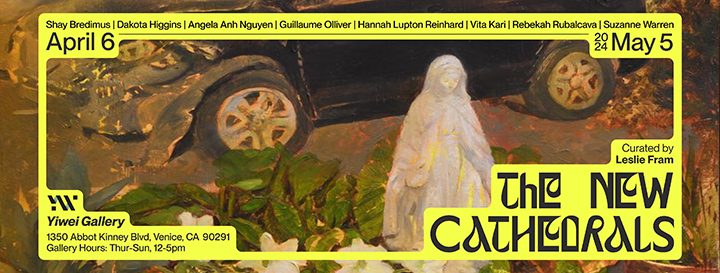



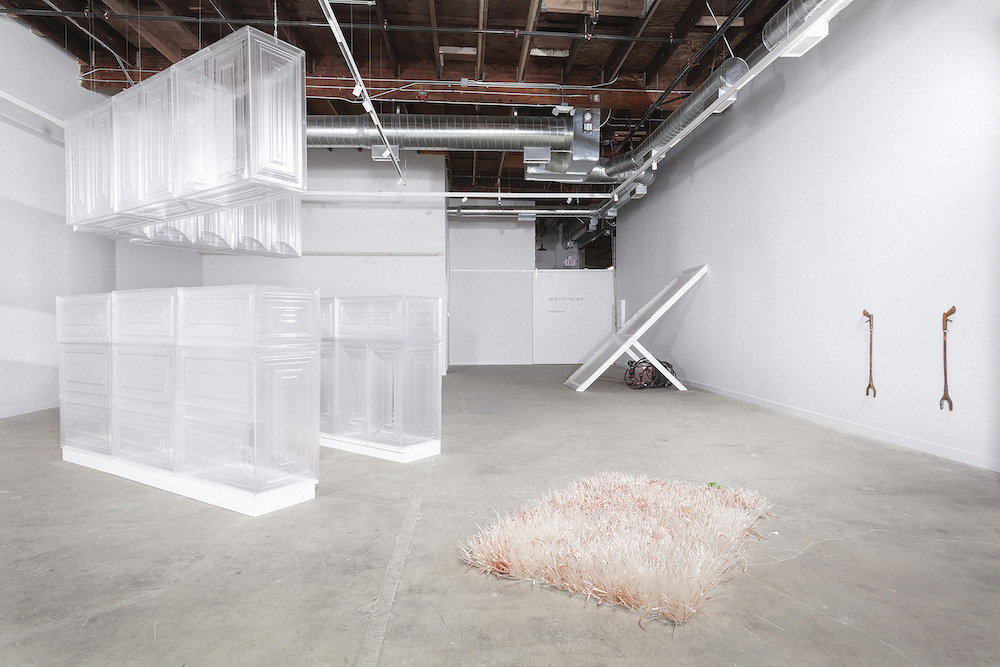
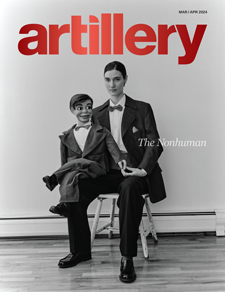



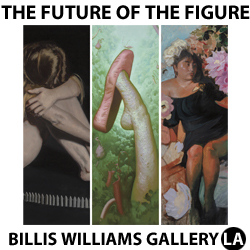
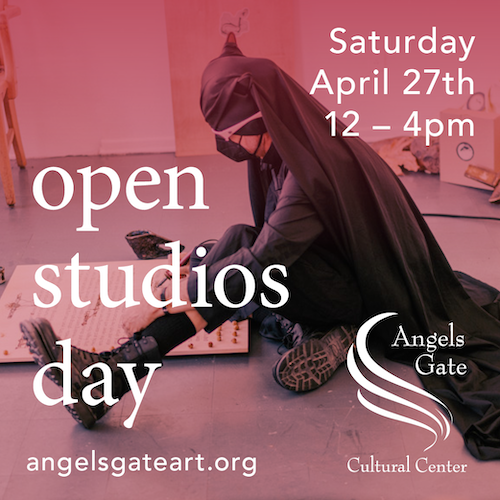
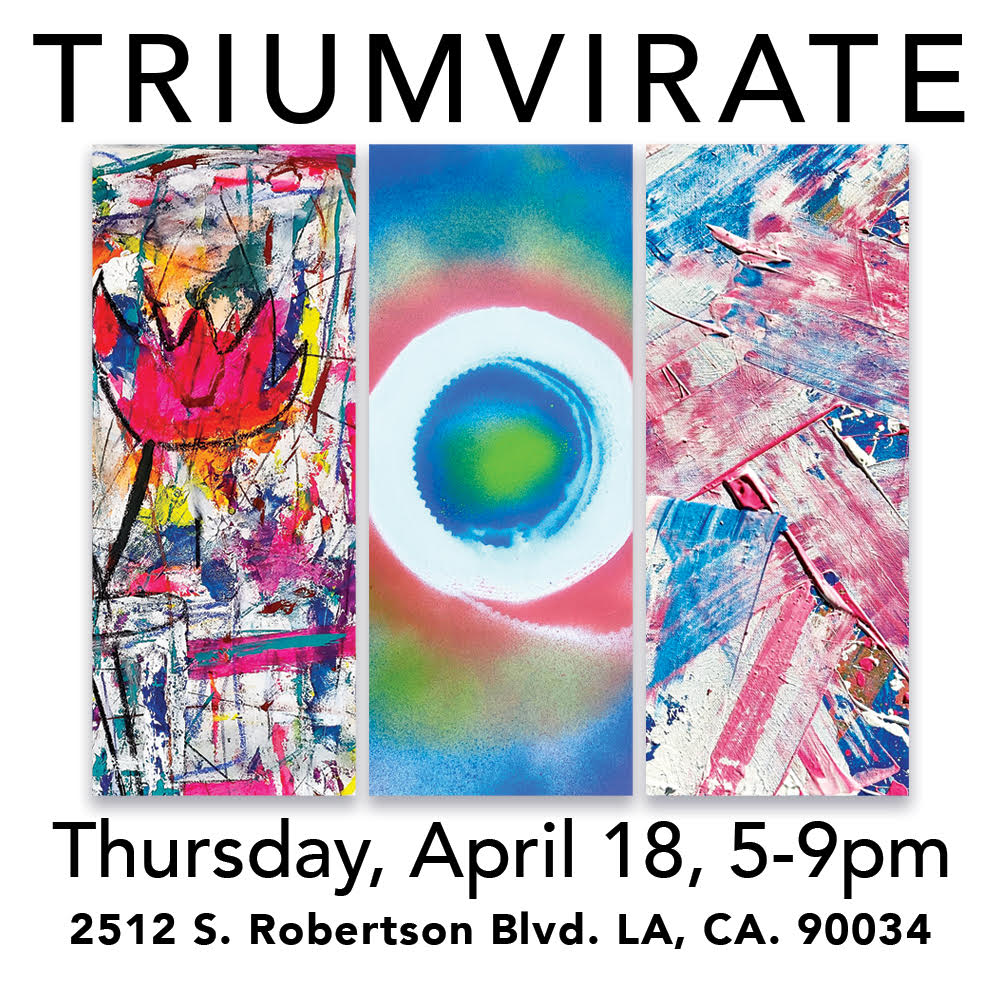

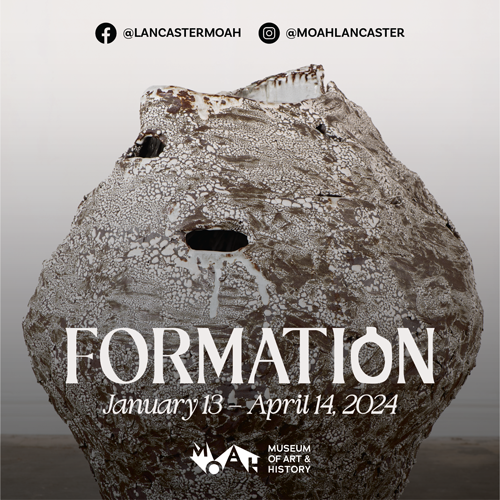


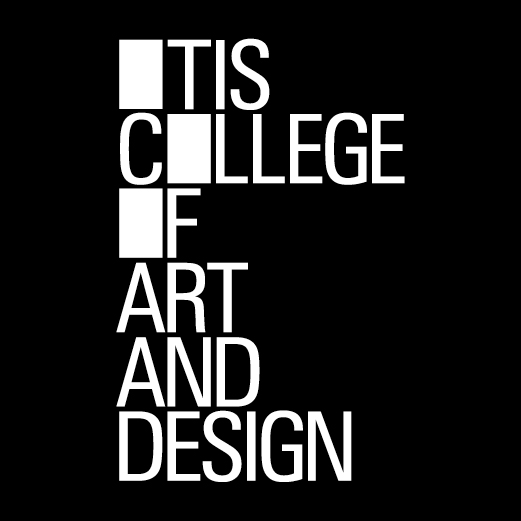
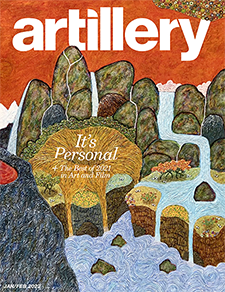
0 Comments